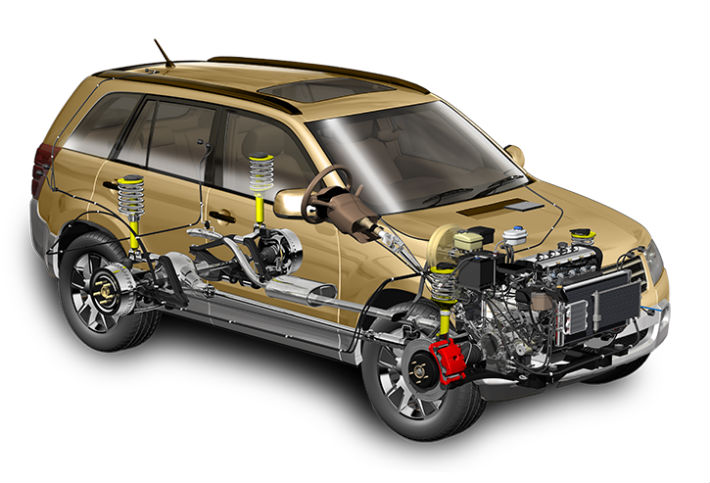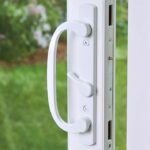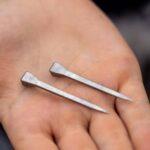Even if you have replaced many of your car’s parts with brand new ones, you probably still aren’t getting the most out of it without replacing the exhaust system as well. Just as you probably don’t get as much power and torque from your engine because it’s struggling to get air in, the same can be said about the exhaust gasses. This is where high flow catalytic converters come into play.
Many people wonder if investing in high flow catalytic converters is worth it. Here are a few things you should know before making the purchase. Regular converters work by having exhaust gasses flow through a ceramic honeytomb structure which is coated in rare metals. These metals are mostly palladium, rhodium and platinum. As soon as the gasses come into contact with the metals, they go through a chemical reaction that re-burns the exhaust in order to eliminate sulfur oxides, nitrous oxides and carbon monoxide which makes exhaust gasses slightly cleaner.

However, regular catalytic converters don’t allow the gasses to flow through the exhaust system as efficiently as high flow catalytic converters do. Part of that is because the regular models are not designed with performance in mind. Another part of the problem is converters not flowing well because of their cheap design or because they’re old.
High flow converters increase power by allowing more efficient flow of exhaust gasses and by removing restrictions that impede performance. And unlike regular converters, high flow converters are designed with performance in mind, they have well polished designs and do amazingly well when you’ve just upgraded your engine power output. However, what’s worth keeping in mind is the fact that if you have a stock engine without any modifications and a relatively new OEM converters, you won’t see much of a performance increase if you go for high flow converters.
So the verdict is, if you have a bone-stock car with a relatively new OE catalytic converter, you don’t want to buy a high flow converter unless you plan on making major engine upgrades. They’re not all that important with stock engines with fully functioning, new converters. However, if you have an old car with a cheap aftermarket converter, you might see significant performance increase, because you’ll be losing power to an inefficient or clogged converter. There’s a test you can do to see whether your converter is clogged or inefficient. By taking the test, you’ll see whether or not you need to replace your existing converters, and if you do need to replace them, you might as well do it with a high flow converter.



